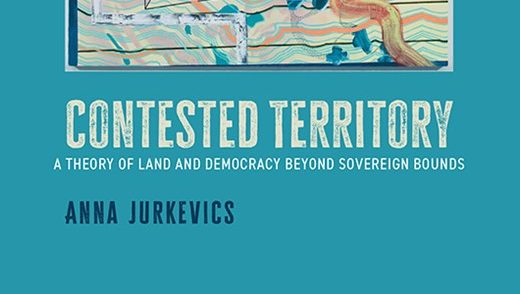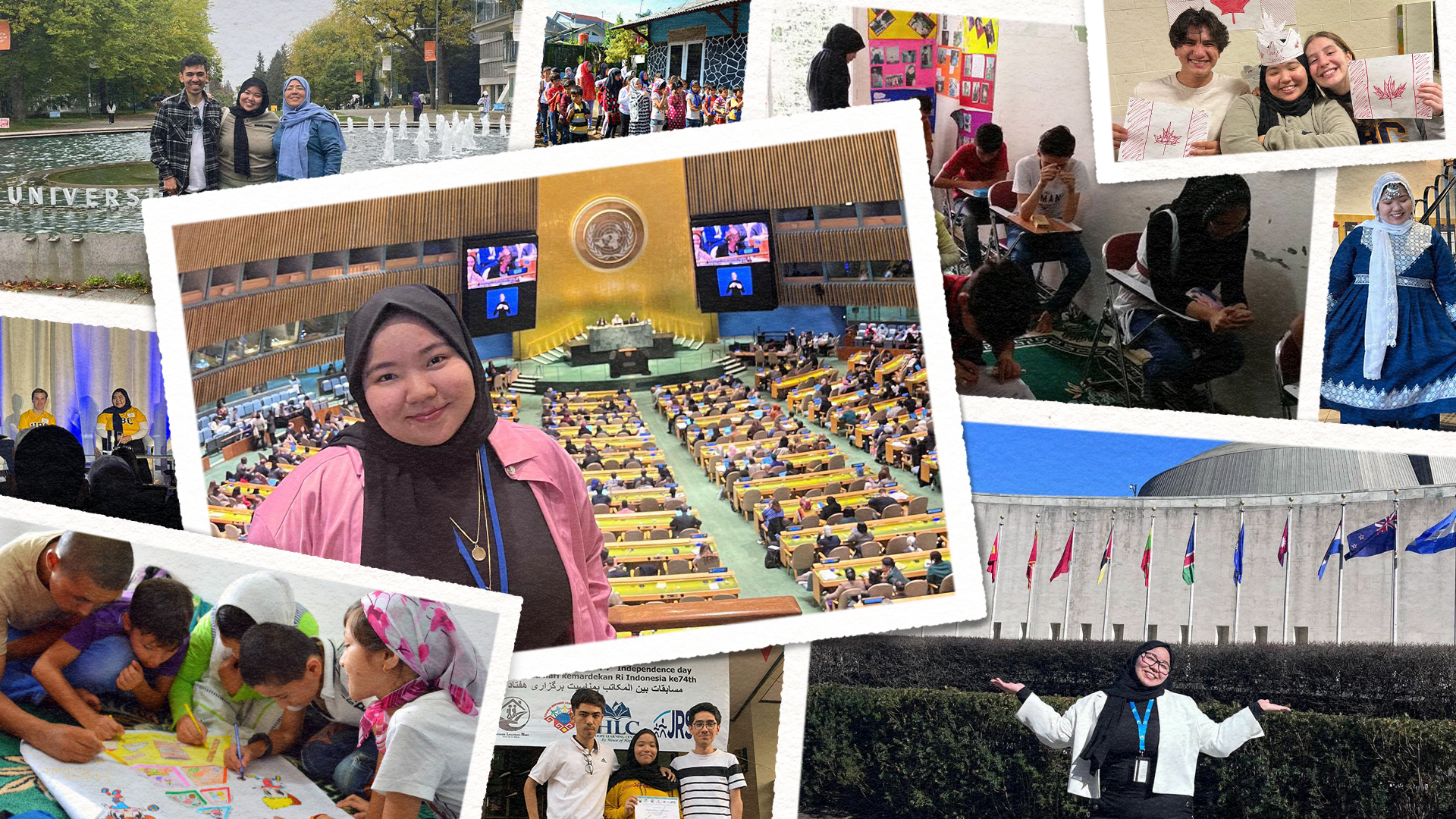

Charlotte Hook
Charlotte Hook is a MA Student in Political Science and a Junior Fellow at the Outer Space Institute (OSI). Charlotte graduated from UBC in 2022 with a BA in Honours Political Science with a Minor in History.
She worked at the OSI as a full-time Research Assistant for a year before returning to school to complete her MA. She will be starting her PhD at UBC this September.
Charlotte’s research focuses on outer space policy and law. In particular, she is interested in questions of how to keep space safe and sustainable for new entrants and future generations.
Charlotte’s recent research publication, “Uncontrolled reentries of space objects and aviation safety”, explores how uncontrolled reentries of space debris is imposing a physical risk and economic cost to the aviation industry.
She co-wrote the paper with Ewan Wright, a UBC PhD student in interdisciplinary studies and a Junior Fellow of the OSI, as well as Dr. Michael Byers of UBC Political Science and Dr. Aaron Boley of UBC Physics and Astronomy.
What inspired you to study space politics?
I first became aware that space politics existed as a BA student in Professor Byers’ POLI 369 course. I was fascinated about the mix of issues space policy presented, including environmentalism, the introduction commercial actors, and the continuing militarisation of the domain.
This topic was unique compared to other POLI courses I had taken at UBC as there seemed to be a window where responsible behaviours could be implemented in outer space and real change could occur.
After the course, I was fortunate that Professor Byers agreed to supervise my undergraduate honours thesis. That turned into a Research Assistant position with the OSI, which Professor Byers co-directs.
As part of the OSI, I have been lucky to work on a variety of projects including space mining, planetary defence, domestic licensing of space activities, and reentries of spacecraft. There is so much going on in outer space where policy solutions are needed and I am fortunate to get the chance to contribute.
What is the biggest takeaway from your new article, “Uncontrolled reentries of space objects and aviation safety”?
My biggest takeaway from our article is that there is an immediate solution to this issue – governments can mandate controlled reentries. Of course there would be a transition period, but this is a policy governments can implement right now. The technology and mission designs exist for controlled reentries but it is not being implemented.
Another takeaway worth mentioning is the economic costs the space industry is imposing on the aviation industry. Aside from the physical risk of space debris hitting an aircraft – where a 300g piece of debris could result in a catastrophe of bringing down a plane – there are the economic costs associated with avoiding debris.
For instance, in November 2022, the reentry of a Long March 5B rocket over Europe caused over 300 hours of delays for planes as they avoided possible incoming debris. Our article argues that space companies could be liable under international law for both the physical and economic injuries.
Our article concludes that, aside from mandating controlled reentries, governments should improve their tracking and prediction capabilities when it comes to uncontrolled reentries as well as developing standards for how aircraft should respond to warnings of incoming reentries.
These recommendations are part of our 2023 Montreal Recommendations on Aviation Safety and Uncontrolled Space Object Reentries, which was the result of a workshop in February 2023 on this exact issue.
As both the space and aviation industries continue to grow, the risk to aircraft only continues to increase.
Your article discusses the risks of collision between uncontrolled re-entry and aviation and existing technology that can control the return of rockets to Earth. How can governments encourage space companies to use this technology?
I think it will be hard for governments to incentivize space companies to conduct controlled reentries without legal or economic mechanisms being involved.
Furthermore, individual governments might be deterred to mandate controlled reentries right now to avoid stifling their commercial space industries. Our worry is that it will take a major accident occurring for space companies to conduct controlled reentries. This year alone we have seen pieces of uncontrolled reentries of rockets found in Saskatchewan and North Carolina.
In this article, we discuss a possible precedent of how accidental oil-spills from large tankers with single-hulls prompted efforts for double-hulls to be mandated. Importantly, the US played a big role in kickstarting multilateral efforts to mandate double-hulls across the globe. This case shows the influential role the US can play and indeed could play here as well.
The US has the largest commercial space sector and one of the largest aviation sectors in the world – they are in prime position to start collective action on this topic.
Why are space companies externalizing risks and costs and imposing them on the aviation industry?
Space companies are externalising this risk to the aviation industry simply because it lowers their business costs and their attitude has been that the risk is too small to be worth addressing.
Furthermore, until recently, governments have not addressed this issue and have let space companies conduct uncontrolled reentries. This might change. In 2023, the US Federal Aviation Administration (FAA), which is responsible for regulating US launches and reentries of rockets, asked for comments on possible new rules which would restrict how space companies can dispose of rocket bodies. One of these options include conducting controlled reentries.
These proposed rules are not perfect, as we address in our FAA Comment, but are a step in the right direction.
What’s next? Do you have any upcoming projects? What areas of research are you planning to pursue in your PhD?
Currently I am working on my MA thesis, which examines how the US Federal Communications Commission (FCC) and how they consider and regulate the environmental consequences of satellite constellations in their regulatory process.
Specifically, I am looking at how the FCC considers in-orbit debris generation, casualty risks, light pollution, and atmospheric alteration from the burning up of satellites during reentry. This started out as a research paper in one of my graduate seminars this year and I am immensely enjoying turning it into my thesis.
Space sustainability and environmentalism is a core research interest of mine and one I hope to pursue in my PhD. Space is an environment at risk of over-exploitation if responsible practices are not widely implemented. I am also fascinated by the space sustainability-space security nexus and how space actors balance out these interests that at times can be complementary or competing.
I am involved in a number of projects at the OSI and there are exciting prospects on the horizon. To keep up with our work, you can check out our website or follow us on LinkedIn.


